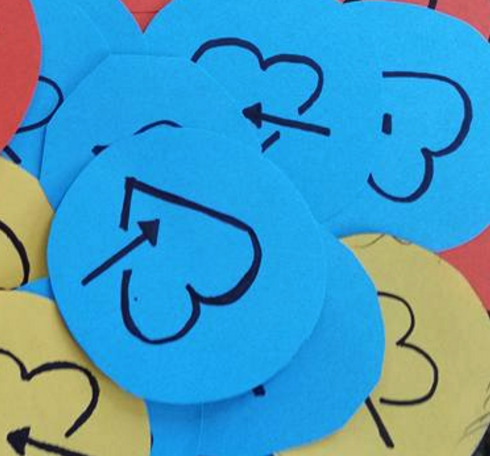Every summer, my family and I visit relatives in Rutland, Vermont. Located near the center of the Green Mountain State, Rutland has roughly the same population as my home town in Northern California, with about the same number of public schools. Now Rutland has something my town doesn’t: Syrian refugees. Nine, to be precise; five children and four adults.
Maybe you’ve heard of Rutland. The town has received national media attention due to its hotly debated effort to welcome a total of 100 Syrian refugees. My own interest in this story shifted from political to personal last summer, thanks to a teenager: my cousin’s daughter, Victoria. That August, we had a family gathering on a hot, humid day around a cool, inviting pool. Despite the promise of sweet watermelon and cold ice cream, then-16-year-old Victoria left the party to attend a municipal meeting where townspeople were voicing opinions and casting votes on the contentious topic.

I was moved and heartened by Victoria’s teenage compassion, commitment and activism. When I heard about the executive order banning refugees from Syria and other countries, my thoughts went immediately to Rutland — and to Victoria. I emailed her: Can we chat? An hour later, we were on the phone. She sounded heartbroken by the turn of events.
Here’s some of our conversation — and a few things we might all learn from a high school junior who’s turning anguish into action, keeping conversations civil and staying committed to a cause.
Me: How did you get involved in refugee resettlement effort?
Victoria: I take an online Global Citizenship class at school (Rutland High School). Last April, we learned Rutland would be accepting Syrian refugees. I was so excited that our little town was going to be helping real people in real ways, right now. I was really moved that our community cared so much about these families. I’ve been devoted to the cause ever since.
Me: Rutland has been pretty divided over the resettlement issue. What’s it been like to be an outspoken supporter?
V: It’s hard to go to local meetings and hear people from the community saying negative or hateful things. At school, there are some strongly conservative, anti-immigrant students. We’ve shared some pretty dark looks, but I’d say we have a quiet understanding that we don’t communicate about politics, ever. That being said, I wear a safety pin and a “Rutland Welcomes” pin to show my support of the refugees.
Me: A lot of people say they feel paralyzed and overwhelmed right now. Advice?
V: Three things help me. First, find someone you can talk with openly and honestly. Having a role model, like my Global Citizenship teacher, helps.
Second, keep updated on the news but not just from media that reflects your point of view. Find out what other people feel and understand what’s motivating them.
Third, focus on issues close to home. Rutland is a small town, but we’ve made national news by trying to make a difference for people half a world away.
Me: What’s next for you?
V: I’m helping to raise money for school supplies for the Syrian kids. You know, a lot of young people care about what’s happening in the world right now. We’ll be voting in the next election, but we want our voices to be heard long before then.
Victoria, thank you. Talking to you has made me feel better already.
Willow Older is a nationally and internationally published writer and a professional editor. She lives in Northern California where she runs her own editorial services business and publishes a weekly newsletter called Newsy!.
Originally published at medium.com


